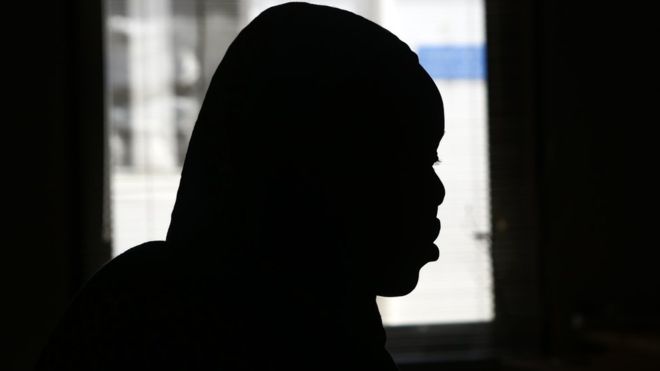Some sex predators in Ghana are reportedly targeting vulnerable people including the disabled who are bearing the brunt of the coronavirus outbreak.
They are reportedly offering some of the vulnerable ones food in exchange for sex.
One of their targets is 24 year old visually impaired orphan who stays with her 70 year old grandmother in Ghana’s capital.
Her plight has been worsened by the restrictions imposed to curb the spread of COVID-19 including a partial lockdown in three areas.
Provisions for Vulnerable
The government of Ghana through the Minister for Gender Children and Social Protection, Cynthia Morrison is providing 400,000 people with free meals to mitigate the impact of the COVID-19 restrictions.
But the visually impaired lady told Accra based Starr Fm that she cannot visit the collection centres to benefit from the provision because of her condition.
She revealed that those she approached for food are demanding sex before helping.
“Because of social distancing I cannot go with anybody since I can’t see properly, how can I go and do things for myself.
I’m an orphan and it’s very hard for me, it’s not easy for me at all and I’m really suffering. When you go to someone for the person to help you, that person wants to sleep with you before helping you” she narrated.
Suicidal thoughts
The visually impaired lady also disclosed that she has been contemplating suicide to end her suffering.
“It even came to a time I wanted to take my life. Because being in this situation and all these things are happening then it will be better for me to end my life. I know that will be okay for me. I will not be a burden to anybody, to my friends or granny.”
The lady became blind after she was trained as a beautician. She is currently a student of the Akropong School for the Blind which has been affected by Presidential directive for the closure of schools after the country recorded its first case of COVID-19.
Meanwhile, Ghana’s Local government minister Hajia Alima Mahama has directed officials in charge of the food distribution to take food aid to homes of the vulnerable instead of sharing them on streets.
Source: Africafeeds.com



